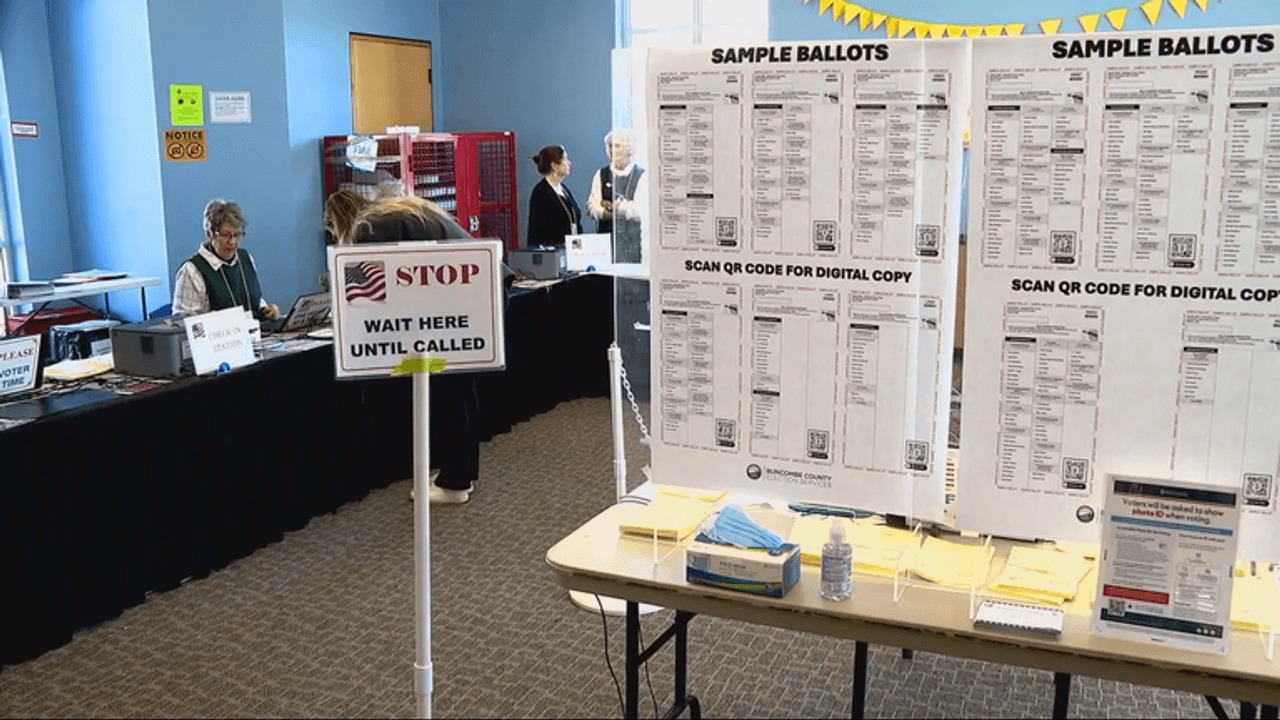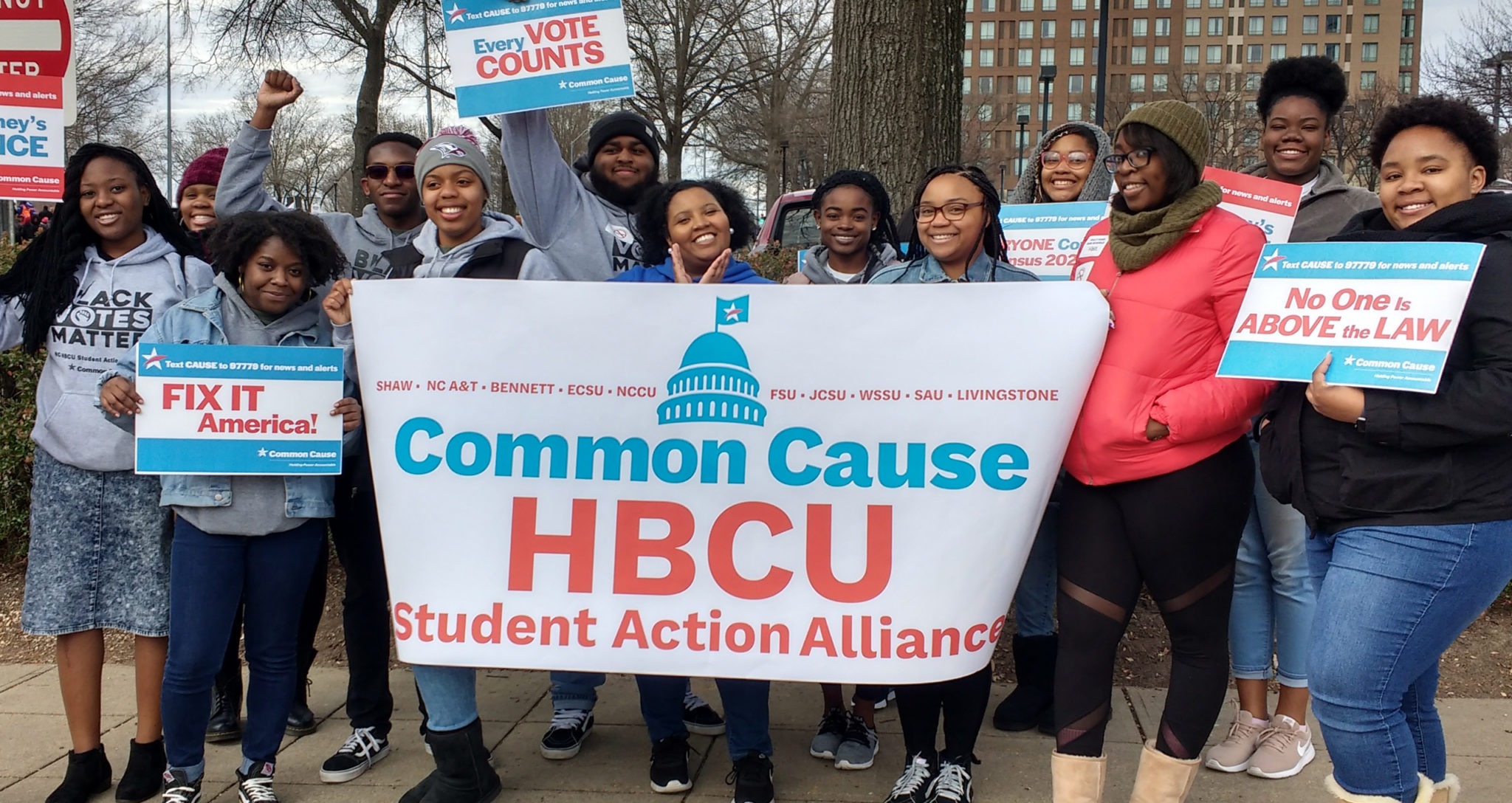The North Carolina State Board of Elections recently confirmed the results of this month’s primary elections, setting the stage for runoffs in several U.S. House and statewide races. The certification encompasses contests, from presidential to local races, propelling winners into the November general elections.
This primary was notable for being the first statewide application of a 2018 law mandating voter photo ID and a 2023 modification that advanced the deadline for absentee ballots.
Despite these new regulations, introduced by the Republican-led General Assembly, more than 1.6 million votes were tallied, although over 1,600 ballots were disqualified due to non-compliance with the new laws.
Among the key developments is scheduling runoffs on May 14 for specific GOP nominations, including the 13th U.S. House District, lieutenant governor, and state auditor. These runoffs are necessary when no candidate surpasses the 30% vote threshold to win outright.

North Carolina Elections Board (Credits: WLOS)
In a surprising turn, several incumbents lost their primaries, including Superintendent of Public Instruction Catherine Truitt and four members of the General Assembly, signaling a potential shift in the political world.
Implementing voter ID laws and the revised absentee ballot deadline have sparked debate. The state reported that 1,185 voters submitted provisional ballots due to the ID requirement, with nearly half being fully or partially counted.
However, Democracy North Carolina, a voter advocacy group, has raised concerns about the potential for voter disenfranchisement, particularly regarding the strict enforcement of ID requirements and the elimination of the three-day grace period for absentee ballots.

Common Cause North Carolina (Credits: Common Cause)
Republican legislators argue that these changes enhance confidence in election integrity by making voting more accessible and challenging to cheat. In contrast, critics, including Common Cause North Carolina, argue that these laws could prevent voters from participating, especially those facing mail delays.
With a voter turnout of 24.1%, lower than the 31.2% in the March 2020 primary, there’s an ongoing discussion about the impact of these laws on voter participation and the fairness of the electoral process.
This conversation underscores the balance between ensuring election security and maintaining broad access to the ballot box. This debate will likely continue as North Carolina prepares for the general elections.























